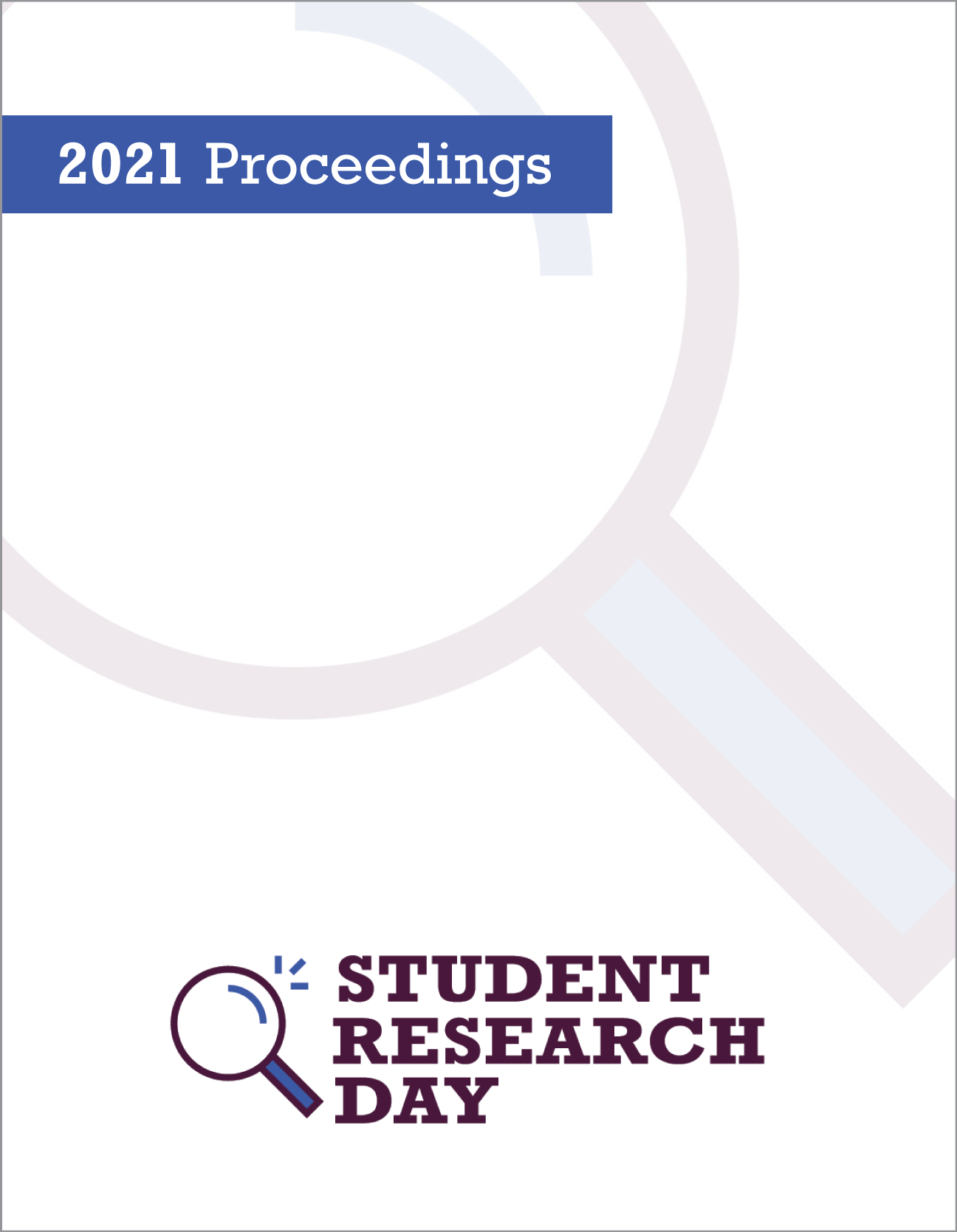Living with Animals and Others During the COVID-19 Pandemic: Impacts on Mental Health
Abstract
The COVID-19 pandemic has led to an increase in feelings of isolation and anxiety (Chand et al., 2020), which has had a significant, negative impact on people's mental health (Brooks et al., 2020). During the COVID-19 pandmeic, adoption rates for animals have significantly increased (Morgan et al., 2020), which may be because interactions with animals are associated with reductions in loneliness and anxiety (Brooks et al., 2012; 2018). To date, however, it is unclear whether people’s interactions with animals will improve feelings of isolation and anxiety that are brought forth, or exacerbated by, public health restrictions used to combat a global health emergency such as the COVID-19 pandemic. It is quite possible that the stressors associated with the COVID-19 pandmeic could result in increased stress and worry for those who own animals. For example, the public health restrictions used to combat COVID-19 has led to significant job losses (Lemieux et al., 2020). In such a circumstance, the care of an animal may become a financial burden and thus exacerbate the owner’s stress (Enders-Slegers et al., 2019). To this end, our study aims to determine if spending time with animals mitigates or exacerbates feelings of isolation and worry. We will assess participants' feelings of anxiety and depression, stress related to COVID-19, perceived social support, ratings of happiness, and pet attachment. We plan to survey individuals 18 years or older who either live alone, live alone with an animal, live with other adults but no animals, or live with other adults and animals. We will survey both MacEwan students and individuals from the general population of Edmonton and the surrounding area. We generally expect to see that having animals will result in a decrease in worry as animals help mitigate people’s feelings of isolation and anxiety. However, we also expect that such mitigation will be less impactful for those living alone, than those who live with others. This research will help broaden our understanding of how animals impact people’s feelings of worry and isolation during a global health emergency. As well, our findings may provide important evidence for policy decisions related to rental rules restricting animals in rental properties.
Department: Psychology
Faculty Mentor: Dr. Eric Legge
References
Published
Issue
Section
License
Authors retain any and all existing copyright to works contributed to these proceedings.



